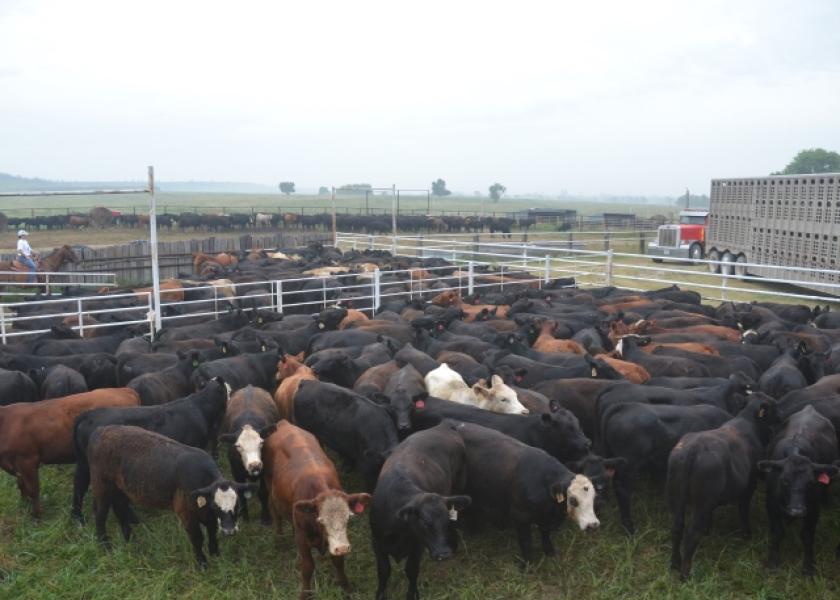Justin Sexten: The Value Of Options

While normally a technology focused article the current environment warrants a temporary diversion from the latest advancements. Apologies in advance for those readers who read the title and are looking forward to a thoughtful discussion of the futures market. As many operations look to navigate the challenges imposed by Covid-19, it seemed timely to consider the value of a system built around optionality.
One of my favorite quotes is that of Ben Franklin: “If you fail to plan you are planning to fail.” Most of us would suggest there was no way to plan for the market and lifestyle disruption of the magnitude we are experiencing today. Yet each day we make and modify plans to address the challenge.
For some, the idea that plans may change is the very reason they choose not to make a plan. While the “flexibility” of such a model can be useful the lack of focus on a clear goal often leads to under performance. Others suggest they have a clear plan in place but at key decision points indecision converts their plan into a similar “flexible” state, as not deciding is in itself a decision.
The absence of planning is not our focus, as luck is a poor business model. In many operations there is a well-tested plan in place, unfortunately this plan called tradition, is one of the greatest enemies of optionality. Not only are there few options built into the system but the available alternatives are often viewed through the lenses of personal experience rather than data.
After assaulting tradition and personal experience, it is time to take a minute and explain. Let’s not assume tradition and experience aren’t valuable teachers, however when they limit consideration of viable alternatives can we agree they become more problematic than helpful? I’m reminded of an Eric Hoffer quote I saw every day as a kid, “In times of change learners inherit the earth; while the learned find themselves beautifully equipped to deal with a world that no longer exists.”
Safe to say the world continues to change, and clearly there are points in history like this one where change comes faster than expected. One of the best ways to prepare for change, large or small is to build a system with embedded optionality.
In beef production systems discovery and technology are the often overlooked supplements to experience and tradition. Historically the adoption limit of novel practices was communicating the information to the masses. Today we have more access to information than ever before and some would suggest the biggest challenge is sorting through what works and what doesn’t.
When considering management changes that expand marketing options or reduce dependence on a single point of failure an abundance of alternative models can be very beneficial. The right modification for your operation may be a combination of several options or a new hybrid idea you generate from others’ ideas that don’t work. The key is to continually explore options and build systems that prevent future barriers to implementation.
The current economic and infrastructure challenges are certain to impact your business. Any business with a single point of failure in the system has undue risk due to lack of options. One example we will see moving forward due to low oil prices is the slowdown of ethanol plants. Those operations reliant on a single source for feed ingredients will be challenged by what should be the benefit of cheaper fuel costs.
Another option, quit making hay and expand or start a stocker enterprise. For those who think cattle are too cheap perhaps buying hay with grass cattle profits is an option to consider. The economics of raising versus buying hay would be a great math exercise for kids looking for practical math problems.
Adaptable growing cattle management is another opportunity where options add value. Those steers in the growyard all winter have a very different market outlook than when they were placed. Now is the time to consider alternative management options to either expand the marketing window or cut your losses and look to replace them with lighter cattle and “buy” more time.
There are many technology platforms where you can objectively evaluate your opportunity costs and alternative scenarios due to management and marketing changes. The key to making these platforms work, evaluate the options often and be willing to make the change.
Related stories:







